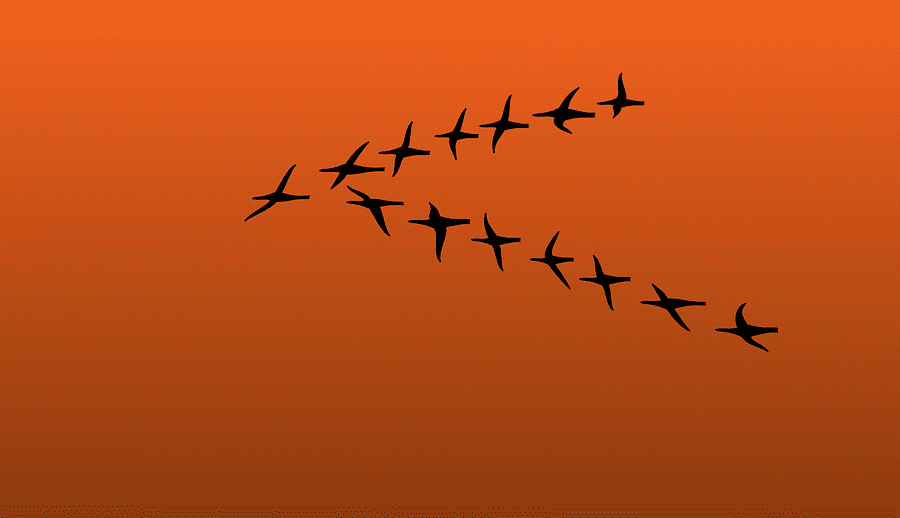
From Victim to Survivor, From Survivor to Leader: The Importance of Leadership Programming and Opportunity for Commercially Sexually Exploited and Trafficked Young Women & Girls
In 1997, at the age of 22 I came to the US as a missionary, and a survivor of commercial sexual exploitation and trafficking, to work with adult women exiting the sex industry. Six months after my arrival, I was selected to attend the First International Summit of Sexually Exploited Youth in Victoria, BC. With a group
of youth survivors, I co-drafted the Summit’s Declaration and Agenda for Action which I was later able to co-present at the United Nations and which was ratified by 120 countries. One of the core tenets of the Agenda for Action stated “The voices and experiences of sexually exploited children and youth must be heard and be central to the development and implementation of action. We must be empowered to help ourselves”. Inspired by the youth summit and building upon this core philosophy of survivor leadership, I founded GEMS less than a year later on my kitchen table.
Over the years, we’ve worked hard to develop our leadership programming to address the evolving needs of the organization, and more importantly the girls and young women. As staff, we believed we have learned, and continue to learn, some lessons about what worked and what didn’t, what supports were needed and our work had constantly reaffirmed our belief that youth/survivor leadership pro- gramming and opportunities were not just important but rather critical for true youth development and growth and for the larger movement against commercial sexual exploi- tation/domestic trafficking. Instead of producing a report chronicling our learnings and opinions, we felt it was critical to hear directly from youth survivors of CSEC and domestic trafficking about their experiences with leadership at GEMS, how they viewed these experiences, what they felt they’d learned and what they needed in order to feel supported in their development.
As staff, we stepped back from the process, ensured that the girls and young women maintained a degree of anonymity through the interview process and worked with a PhD candidate volunteer who trained young women in interviewing and supported them through the process. As a former youth leader and now adult survivor, I compiled the quotes and qualitative data to ensure that the resulting document was survivor-led and survivor informed.
To read the full report, please click here.
